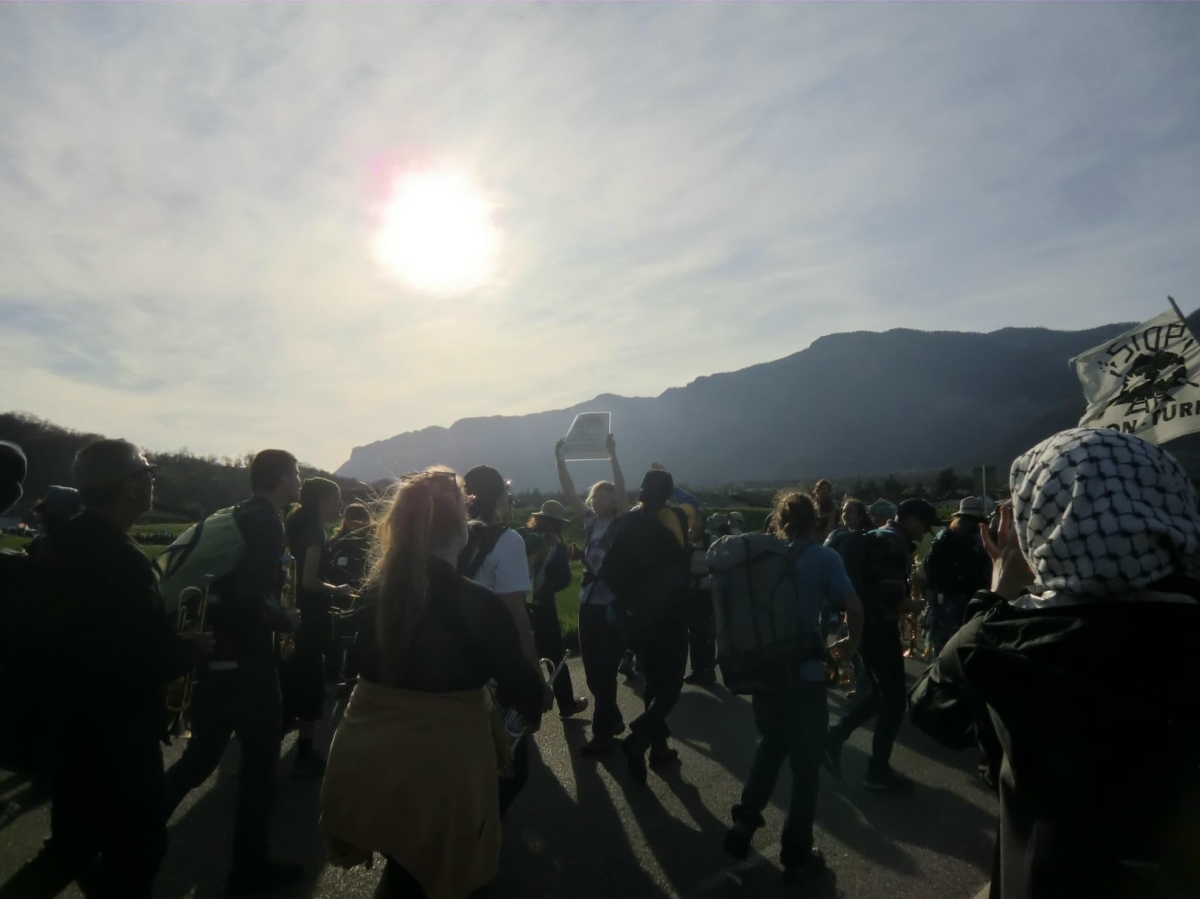Through artistic and practice-based research, Infrastructural Rehearsals attends to actions and campaigns that actively and disobediently use techniques, protocols, technologies and infrastructures. As part of the methodology the research develops prototypes, toolkits, workshops and events to collectively study what infrastructural rehearsals might be, as creative anticipatory practices put forward by communities. Understanding how these rehearsals seek to sustain the future and livelihoods in the transition to a low-carbon economy and how their practices significantly shift tools, sites, and knowledge to make space for engagement with intersectional concerns such as social justice, queer futures, anti-imperialism and anti-racist approaches. Through methods such as situated learning visits, drop-in sessions and on-the-spot toolkits, the research investigates and collaborates on imaginative community-led responses to the climate crisis under fossil-fuel driven racial capitalism today.
Multimodal methodology
This ambitious program will generate important and urgent contributions to arts research and environmental scholarship across disciplines. Situated at the intersection of arts-based research, design practice, digital media anthropology, infrastructural humanities, queer feminist technoscience and science and technology studies (STS), the research will demonstrate through empirical research and an inventive multi-modal methodology 1) how infrastructure for the digital and green transition impacts socio-ecological relations, where the twin digital and green transition becomes a social-political infrastructure for addressing environmental change, 2) contribute to new knowledge in the arts, design and media practice through infrastructural rehearsals, empiric artefacts and on the spot critical toolkits, and 3) contribute a set of practices that propose equitable approaches from arts-based knowledge for communities to mobilise in their responses to digital-environmental practice and policy.
The Infrastructural Rehearsals Collective
The Infrastructural Rehearsals Collective investigates and collaborates on imaginative community-led responses to the climate crisis under fossil-fuel driven racial capitalism today. As academics, artists, designers, researchers, activists, organizers and cultural workers we bring our experiences from different fields of knowledge, practices and terrains (Barcelona, Basel, Brussels, London, and Rotterdam). Together we figure out tools, methods, creative strategies and technologies to build capacity for international solidarity and resistance. While being embedded in a wider network of associated groups and collaborators, the Infrastructural Rehearsals Collective came together through an initiative by the Critical Media Lab and The Institute of Technology in the Public Interest (TITiPI). Through this, we look for ways to: share knowledge for climate action storytelling, do bug-reporting on big tech, make toolkits, provide vocabularies or build community infrastructures. Drawing upon Ruth Wilson Gilmore’s idea of abolition as life in rehearsal, we look to model “the future from the present” by using our institutional resources towards actively making platforms, generatively problematizing deadly technosocial paradigms, or facilitating knowledge and skills that can be openly shared and redistributed. As Big Tech Cloud abolitionists, we’re rehearsing in its ruins, organizing towards a world in which many words fit.
@infrarehearsals@post.lurk.org
Team
- Prof. Dr. Helen V. Pritchard, Principal Investigator (PI), IXDM, FHNW
- Prof. Dr. Miriyam Aouragh, Principal Investigator (PI) UoW
- Dr. Aasiya Lodhi
- Femke Snelting, Co-Investigator (CO-I) TITiPI
- Jara Rocha, Researcher, TITiPI
- Cristina Cochior, Doctoral Researcher, IXDM, FHNW
- Cassandra Troyan, Doctoral Researcher, University of Westminster, CAMRI and IXDM, FHNW
Led by
Critical Media Lab, Institute Experimental Design and Media Cultures (IXDM), Basel Academy of Art and Design FHNW, Basel (CH) and Westminster School of Media and Communication, University of Westminster
Partner
The Institute for Technology in the Public Interest (TITiPI)
Funding
Swiss National Science Foundation Project Grant (September 2024 – August 2028)
